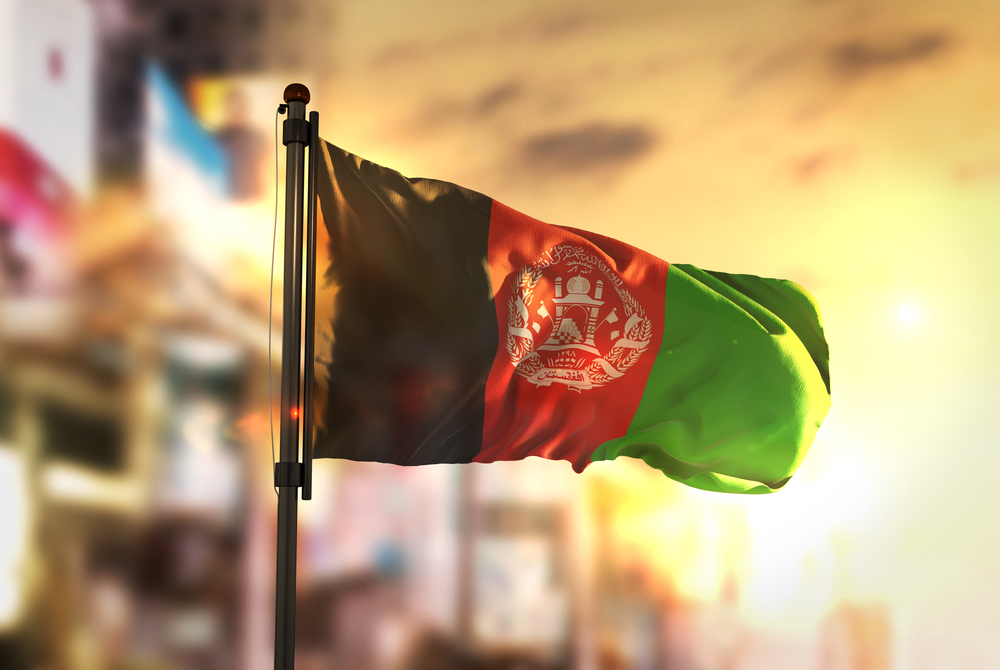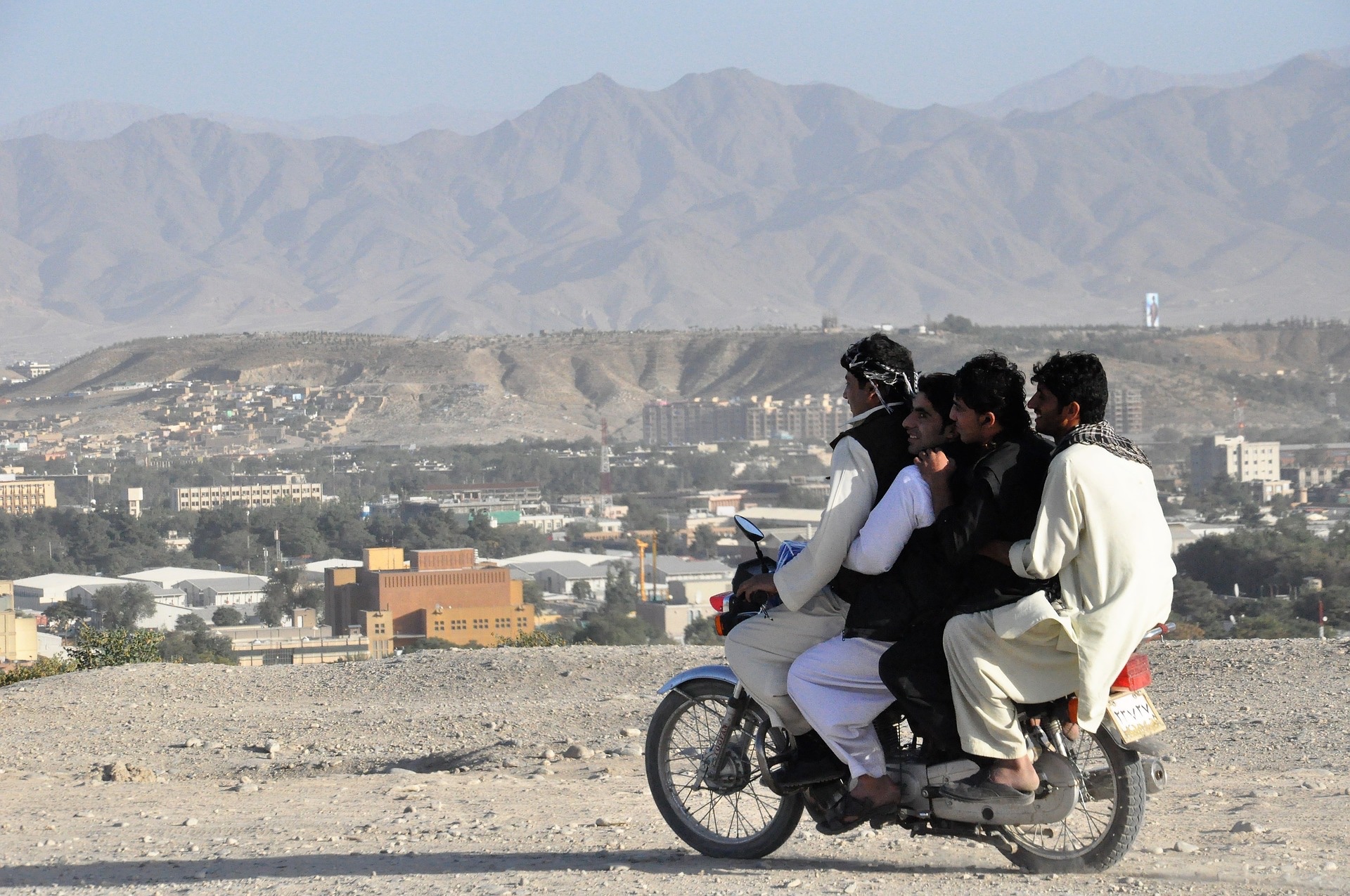
NATO's Afghanistan strategy – credibility at risk
Afghanistan. Afghanistan is at a critical juncture. Therefore NATO leaders, at their summit this week, should shift their strategy for Afghanistan. NATO's long military engagement has not brought an end to the war. Kai Eide, former UN Special Representative in Afghanistan as well as Norway's former ambassador to NATO, argues that time has come to test the Taliban's willingness for a dialogue and to abandon the illusion that a military victory over them is possible. Kai Eide says so from his personal experience: he has had contacts with Taliban representatives for years.
Publicerad: 2017-05-22
When NATO leaders assemble this week, their main objective will be to convince the world – and each other – of NATO's continued relevance. However, they will also discuss their future engagement in Afghanistan. The conclusions they reach will affect NATO's credibility. Any impression that the US and other NATO members are abandoning Afghanistan would send signals of weakness, making friends nervous and opponents courageous. Year after year, allies have promised to ”stay the course”. However, after 15 years of military and civilian engagement, patience is wearing thin.
Fortunately, few are arguing that ”enough is enough” and that time has come to cut losses and leave. However, even a decision to remain at today's level of engagement – military and political – would mean accepting a slow-motion descent into more chaos.
A strategic shift is therefore required. Having pursued a military strategy for 16 years – unsuccessfully – a strategy centered on the search for a political settlement is required. Time has come to abandon the illusion that a military victory is possible. The endless and over-confident statements from military commanders about winning the war have all proven to be unrealistic. Even a massive military surge did not succeed.
Nevertheless, at this stage I do believe that a moderate increase of US and international troop levels is required. The Taliban should be prevented from taking control of even more territory – including urban centers. A decision to this effect would reassure the Afghan government – and signal to the Taliban - that the international community is not walking away from its commitment to Afghanistan.
However, military activities must be shaped in a way that does not undermine the search for a political settlement. The US killing of Mullah Mansour in July 2016 in Pakistan is an example of how military considerations can get in the way for political objectives. Mullah Mansour – then the Taliban leader – was certainly considered by military commanders as a high-value target. However, he had for years been considered by international insiders as the most significant Taliban supporter of a political dialogue.
Skeptics will claim that the Taliban has never been ready for a political settlement. The sad fact is that – after so many years – we still do not know. A determined and sustained effort to engage in a political process has never been made – neither by the Afghan government nor by the international community. During the Bush presidency, there was little interest in talking to the Taliban. And already from the early days of the Obama administration, attention was focused on the military surge. With the exception of a few, brief periods of meetings between the US and the Taliban, little has been done to test the Taliban's readiness to talk. Other international representatives – including myself – have for years been in contact with the Taliban and believe it is possible to engage in discussions about a political settlement.
 New juncture ahead. Photo: Pixabay
New juncture ahead. Photo: Pixabay
We may be at a critical juncture: Two years from now, Afghans will again elect their president. The last six months before they go to the polls will be absorbed by campaining and by all the efforts that go into organizing elections in a war-torn country. The 2019 elections may be more messy and destabilizing than any previous elections – with the Taliban controlling important parts of the country. Following these elections, Afghanstan could face another prolonged period of political instability.
Another scenario would be to initiate a political dialogue now and make full use of the time available before the election process takes all attention. If – contrary to what I believe - the Taliban is not ready to engage in a meaningful way, that would also be a clear signal to the Afghan government and to the international community.
Any search for a political settlement must be Afghan owned and led.
Nevertheless, the US will have to take a more prominent role in a future political process than Washington has so far been inclined to do and accept that the US is still a party to the conflict.
A political process without involving Pakistan would be unrealistic. However, the relationship between the Taliban and the Pakistani government is a complex one. Pakistan will not be able and willing to ”deliver” an authoritative Taliban delegation for talks with the Afghan government. For that purpose a group of interlocutors appointed by the Taliban leadership has already been in Doha for years. The bottom line is that Islamabad must not be allowed to sabotage the search for a political settlement. In early 2010 – when Mullah Baradar, then Taliban's second in command, responded positively to international initiatives, including from the UN – he was arrested by Pakistani authorities. His arrest was widely seen as a move to sabotage political talks.
Inclusiveness and transparency are important principles of any successful peace process. However, the initial phases of a political process will have to respect the need for confidentiality. All sides will need to control their own narratives to bring their constituencies on board. During Karzai's presidency, constant leaks from oponents of a political settlement inside and outside the Afghan government complicated efforts to start a political dialogue.
There will be a need for an international facilitator trusted by all parties. The role of a facilitator should not be to determine the agenda, but to help organize the dialogue and keep it on track. There will inevitably be ups and downs and there will be challenges that could interrupt and endanger the entire process. To meet such challenges and keep the dialogue alive the involvement of an experienced facilitator makes sense.